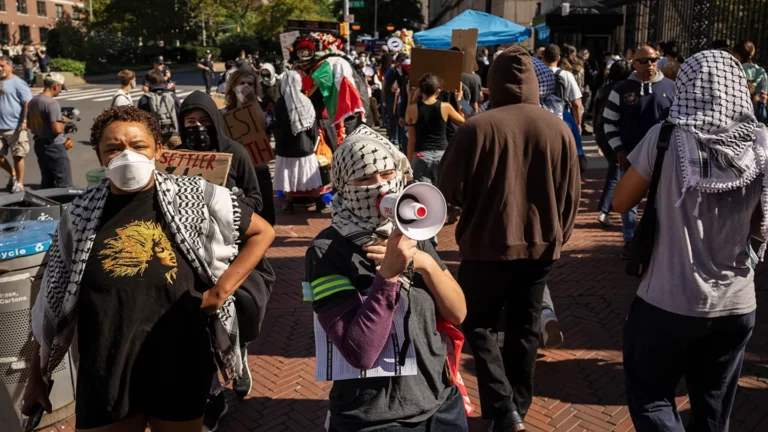Israeli Prime Minister Benjamin Netanyahu pushed back against growing accusations that he is prolonging the war in Gaza for political gain, calling the charge “malicious and false” in a rare interview with Channel 13, a network often critical of his government.
The interview, portions of which aired Sunday night ahead of a longer segment set to run Tuesday, comes as frustration mounts within Israel’s security establishment and among hostage families over the course of the conflict. The criticism has been amplified by reports of internal dissent from the IDF’s chief of staff and by anguished appeals from relatives of captives still held in Gaza.
Asked by Channel 13 correspondent Moriah Asraf whether the brevity of Israel’s June war with Iran suggested the Gaza conflict could have ended sooner, Netanyahu bristled. “This question and its premise are malicious and also false,” he said.
Netanyahu argued that Israel’s operations in Gaza should be measured against international precedents, comparing them to U.S. efforts to capture the Iraqi city of Fallujah. “Nine months,” Netanyahu said. “For nine months, the whole world took on 3,000 terrorists in a place that is far less complex than Gaza. So first of all, I think we are doing it faster than all those armies combined, under much more difficult conditions.”
He cited two complicating factors: the presence of Israeli hostages, which has forced intermittent cease-fires, and what he characterized as inconsistent backing from former U.S. president Joe Biden. “After a few weeks of unreserved support, [the administration] started not only having reservations, but also blocking us,” Netanyahu said. He contrasted Biden with President Donald Trump, who he said has been “more unabashedly supportive.”
The remarks come as Netanyahu prepares for a major offensive in Gaza City, which he has described as Hamas’s final stronghold. Yet Israel’s military leadership has warned the operation may not achieve its stated goals. Channel 12 reported Sunday that IDF Chief of Staff Lt. Gen. Eyal Zamir told cabinet ministers that Hamas’s military and political structures would survive the campaign.
In leaked comments to a Knesset intelligence subcommittee, Zamir reportedly said the military had been left without clear guidance for what would follow the capture of Gaza City. “The prime minister is not telling us what comes next,” Zamir was quoted as saying. “If they want a military government, then they should say military government.”
Polls indicate that most Israelis believe Netanyahu’s wartime decisions are shaped by personal and political considerations. Public pressure has intensified as families of hostages demand a deal to secure the release of the 48 Israelis still held in Gaza, about 20 of whom are believed to be alive.
Throughout the interview, Netanyahu sought to position the Gaza war as part of a wider struggle against Iran and its allies. “We are not only fighting Hamas — we are fighting the whole Iranian axis, of which Hamas is only one part,” he said. He pointed to recent campaigns against Hezbollah and Syria, as well as Israel’s June confrontation with Iran itself, as part of a broader dismantling of what he described as Tehran’s “axis of resistance.”
Netanyahu suggested the conflict was nearing its final phase. “What happened was, we didn’t only need to defeat Hamas — we needed to defeat the entire Iranian axis, including a war with Iran itself,” he said. “So I think that we are now in the decisive stage. What started in Gaza will end in Gaza.”
(YWN World Headquarters – NYC)











